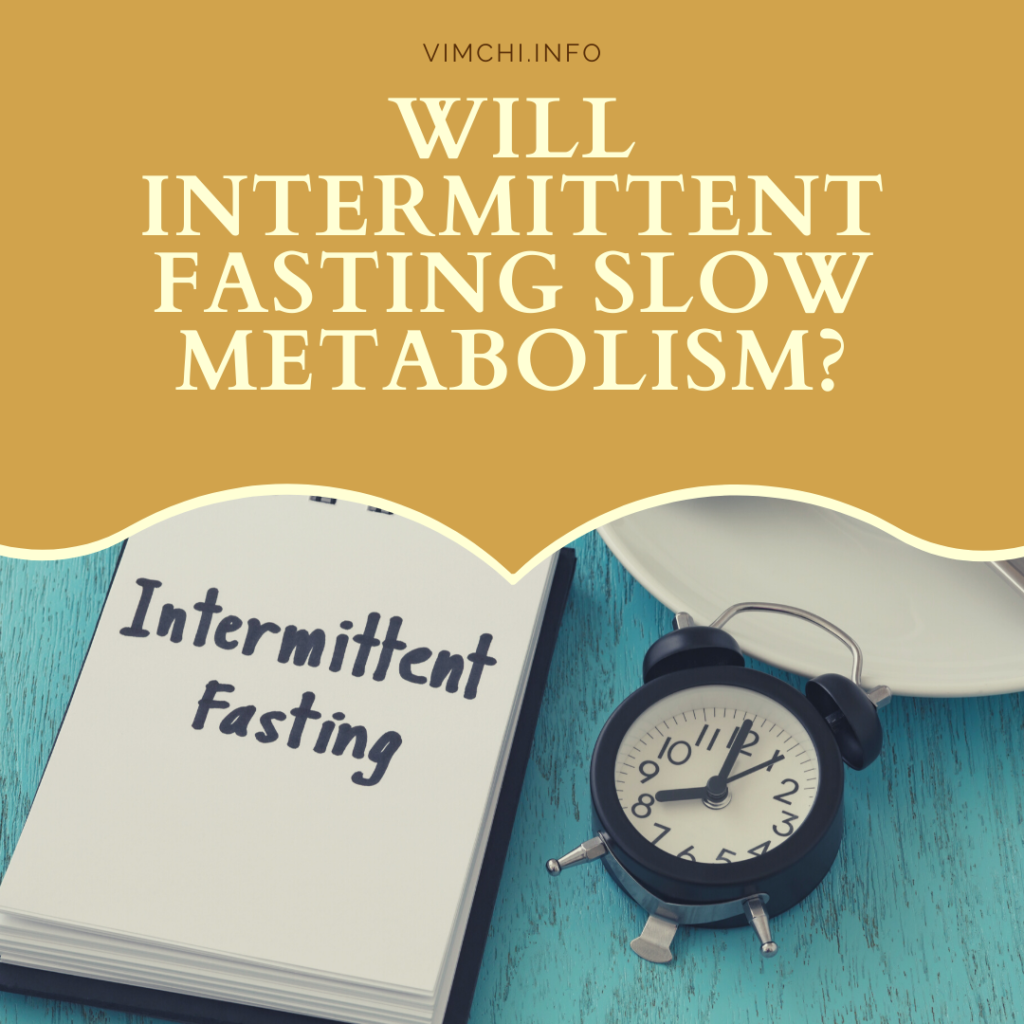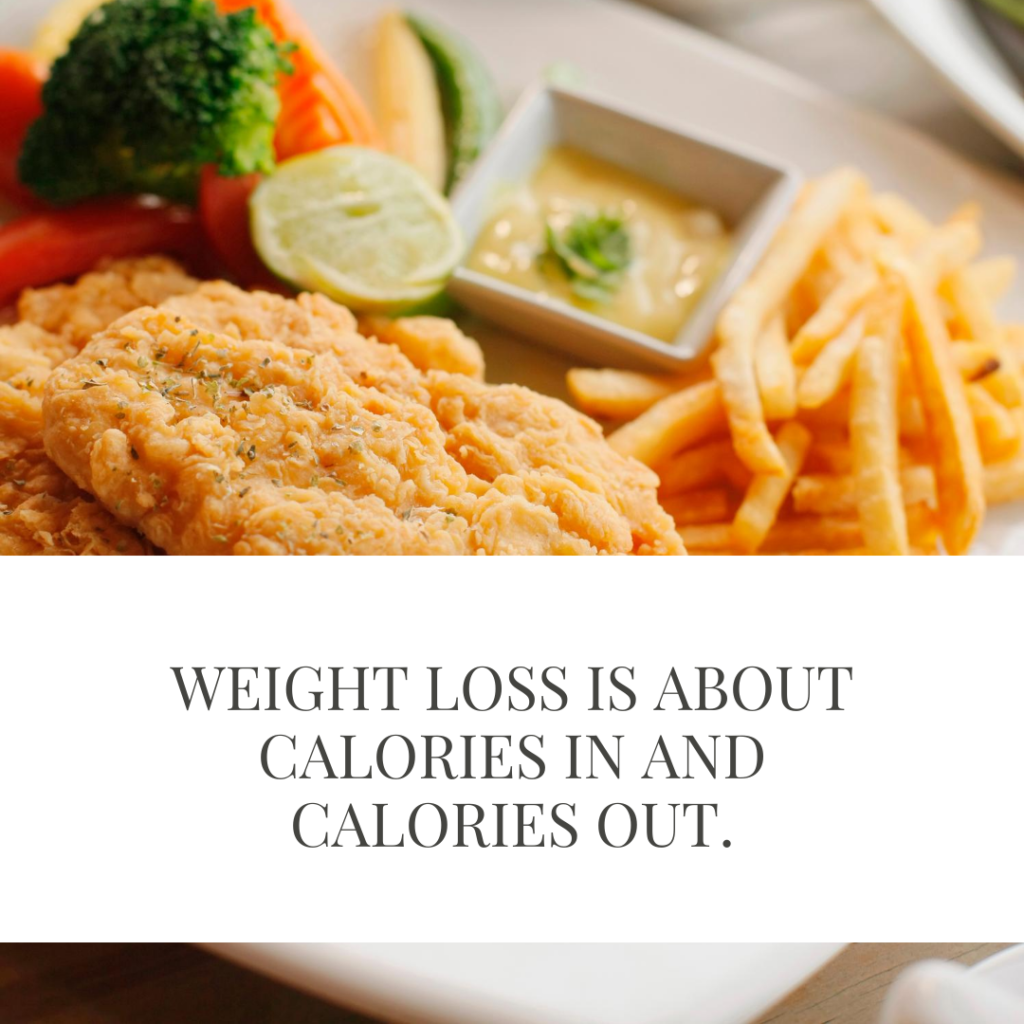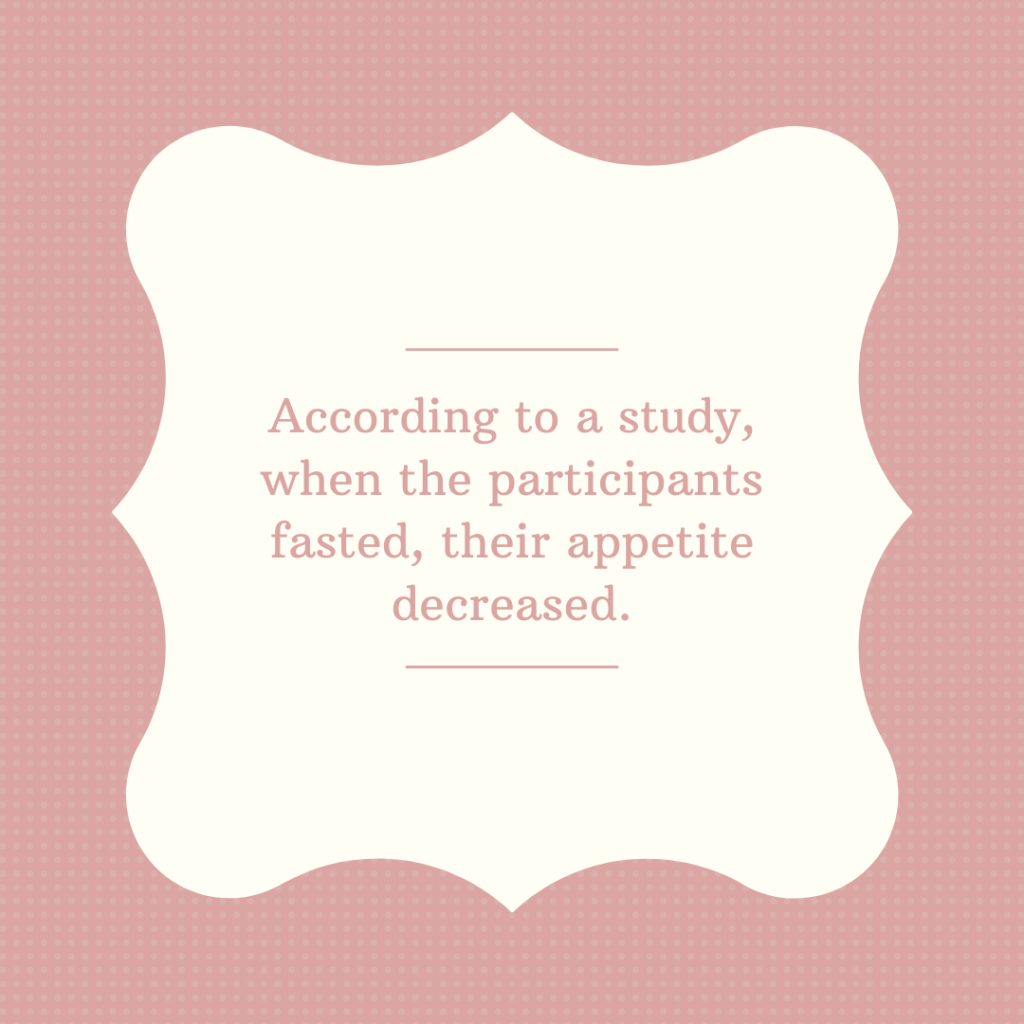And make you fat? How does it affect your metabolism?

Does IF Slow Down Metabolism?
You’re not the only one wondering if intermittent fasting slows down your metabolism as you’re no longer losing weight. We don’t consider IF as a diet. Rather, it’s a lifestyle.
If you’re no longer losing weight after a week or a month of intermittent fasting, it doesn’t mean that your metabolism is slowing down. There are various reasons for not losing weight anymore or hitting a weight loss plateau.
Intermittent fasting allows you to cut your calories significantly. In that case, if you managed to cut 500 calories a day with IF, you would lose around 1 pound per week. As you lose weight, you lose fat, water, and lean tissue.
But you will come to a point when your body stops losing weight because it has already adapted to your diet and exercise.
That’s why you must change your diet and workout routine. And you also need to continue a negative calorie balance.
In other words, you have to reduce your calories further so you will continue to lose weight.
In that case, if you’re eating 1,800 calories a day, you have to reduce it to 1,500 calories if you wish to further lose weight.
However, you must remember that your weight may not give you the bigger picture. Thus, you must not only focus on scale weight.
Your weight is affected by various things and these would include the food remaining in your system and fluid fluctuations.
Thus, if you’re on a calorie deficit through intermittent fasting, then you still be losing fat mass but your body holds on to water.
Furthermore, if you’re working out, you’re probably gaining muscle as you’re losing fat.
If the weight scale isn’t moving, you should start measuring your waist. Your clothes may feel looser now than before.
To help you find out whether or not you’re losing fat, make sure that you measure your waist using a tape measure.
Do it every month.
You should also take pictures of yourself per month to compare, rather than focusing on the scale number.
Does Your Metabolism Slow Down When You Lower Your Calorie Intake?
The short answer is no.
The only time it slows down your metabolism is if you’re eating too few calories. Indeed, losing weight requires a calorie deficit.
However, if you’re eating too little, like 1000 calories a day, then your body will lower its calorie-burning ability.
In controlled studies, they showed that lean and overweight people eating fewer than 1,000 calories a day experienced a negative impact on their metabolic rate.
In another study, researchers noted that when fat women consumed only 420 calories a day for 6 months, their resting metabolic rates dropped significantly.
If you’re restricting your calorie, make sure that you’re not eating too little for too long.
That said, if you’re practicing intermittent fasting for weight loss, you shouldn’t eat less than 1,200 calories a day. Also, if you’re on a low-calorie intake per day without a break, your metabolism may seem to slow down because your body enters into a starvation mode.
In other words, there’s nothing to burn.
Apart from eating too little for too long, your metabolism will also slow down if you’re less active than before.
If you don’t exercise regularly, then it will affect how your body burns fats.
Reasons You’re Not Losing Weight with Intermittent Fasting
Just because you’re skipping a meal, doesn’t mean that you will lose weight.
Say, you don’t eat breakfast and you only consume your first meal at lunchtime. But you wonder why you’re still not losing weight.
One reason for this is that you’re eating a lot during your eating window.

Keep in mind that weight loss requires you to eat fewer than what your body can burn. That’s because weight loss is about calories in and calories out.
If you consume the same number of calories during your eating windows before you have started IF, then don’t expect to lose weight.
You need to lower your calorie intake even when you’re intermittent fasting for weight loss. To help you know your calorie intake per day and monitor whether or not you’re eating too much, consider using a calorie-counting app.
Although this type of app isn’t 100% accurate, it can give you an approximate calorie amount you have eaten per day. It will also give you an idea as to how much calories you need to consume per day to lose weight.
Another reason you’re not losing weight with IF is that you’re consuming highly processed food.
Indeed, intermittent fasting focuses on when you eat, instead of what you eat. But it still doesn’t mean that you will lose weight even if you eat whatever you want during your eating period.
That said, if you’re intermittent fasting for weight loss but you consume calorically dense foods during your eating windows, then you won’t lose weight.
To fix it, make sure that you eat nutrient-dense food, such as lean protein, healthy fats, and fiber-rich carbs. But you can still eat your favorite less-healthy foods, like pizza. However, you must only do it in moderation.
Are You Fasting Enough?
The majority of women would be successful at losing weight when they have a 10-hour eating window. It means that they fast for 14 hours.
If you want a better result, try fasting for 16 hours. But you must listen to your body.
And when you do fast, make sure that you don’t over-exercise.
It will only hurt your ability to lose weight. The reason for this is that your energy will drop while your hunger levels would go up. As a result, you will eat more calories than what your body can burn.
In that case, if you’re fasting 16 hours a day or doing a 23-hour fast, make sure that your exercise is light.
If you’re hungry all the time on those days that you exercise, then it’s an indication that you’re pushing yourself too hard.
Intermittent Fasting and Burning Fats
Intermittent fasting can help you burn more fats if you do it correctly. In a new study, researchers found that there’s a certain type of IF that could help in lowering appetite to boost the body’s burning ability.
In the said study, researchers monitored obese men and women, aged 20 to 45. Some of them followed a plan that limited them from eating between 8 am to 2 pm. The timing was chosen as it allowed them to fast for 14 hours a day and it aligned with their body’s internal clock.
The other group consumed at typical meal times, like 8 am, 1 pm and 8 pm.

According to the study, when the participants fasted, their appetite decreased. Their limited eating times caused their bodies to torch more fats within 24 hours.
The study intended to get a good understand of the reasons for people to lose weight when they fast intermittently.
The researchers thought that when you’re losing weight, you’re burning more body fat while keeping your muscle mass.
The results of the study indicate that IF could help in losing weight by minimizing your appetite and burning more fats.
Combining Keto and Intermittent Fasting to Boost Metabolism
Gwyneth Paltrow is a fan of keto while Halle Berry loves IF.
There are benefits of combining keto and IF.
For one, it can help you maximize your time to be in ketosis mode. It means that you will lose more weight and experience fewer hunger pangs.
Intermittent fasting isn’t a diet. It’s a lifestyle. For that reason, it’s easy to combine it with any type of diet, like ketogenic.
However, if you wish to combine these two, you need to follow the guidelines of keto and you must eat only within the eating time window.
Start with an easier IF schedule. For instance, you can have a 10-hour eating window. Once you get the hang of it, you can work your way up to fast longer. It’s especially beneficial if you love to snack.
The main health benefit of combining these two is weight loss. The reason for this is that you’re cutting back on major calories.
Should you try combining keto and IF? If you wish to shed pounds quickly, then combining them could offer you a huge benefit. But you need to consult your doctor first. It’s especially true if you have a pre-existing medical condition.
If you have type 2 diabetes, you may benefit from a ketogenic diet. But, make sure to consult a nutritionist about it.
What Foods to Avoid that Can Slow Down Metabolism?
If you don’t wish to follow a keto diet but fast intermittently, then make sure that you watch what you eat. Although IF doesn’t necessarily require that you watch what you eat, you need to do so if your goal is to lose weight.
One of the foods that you must avoid when you’re on IF is a refined grain. Past, pizzas, and bread are not the type of food that you want to eat if you wish to burn those fats or boost your metabolism.
You can, however, eat them in moderation. Keep in mind that refined grains are simple carbs that are easier to break down.
It means that your metabolism doesn’t need to work hard to break them. Furthermore, they can spike your blood sugar causing more fat to be stored in your body.
Avoid Alcohol
Drinking a lot of alcohol in one sitting can negatively impact your metabolic rate.
Alcohol is linked to weight gain because it decreases your fat-burning ability. Rather than burning calories, your body needs to detoxify the chemicals in the alcohol.
Another food to avoid is conventional yogurt.
Although yogurt is great for the body, you need to choose Greek yogurt and not the sweetened one. Traditional yogurt doesn’t have protein. Rather, it has a lot of sugar and fruit puree.
They are simple carbs that are easy to digest. They also cause a blood sugar spike. As a result, you will feel hungry after a few minutes.
If you wish to eat yogurt, go for Greek yogurt, or choose the low-sugar variety.
No to Fruit Juices and Soda
Fruit juices are major culprits in gaining weight. A glass of OJ, for instance, will give you 22 grams of sugar.
Then, a sweetened cereal has over 20 grams of sugar for every bowl. Consuming a high amount of sugar will tell your metabolism to slow down. As a result, it burns fewer calories while adding more fats.
Sodas, too, can slow down your metabolism.
They are sweetened beverages containing high fructose corn syrup. But fructose can’t be metabolized and turned into direct energy, unlike glucose.
In that case, if you consume a lot of sweeteners, it can surely slow down your metabolism.
Do Strength Training
If you wish to avoid slowing down your metabolism, make sure that you’re exercising regularly.
And when you do exercise, make sure not to skip out on strength training. If you just focus on cardio, you’ll only burn calories while you’re exercising. Once it’s done, your calorie-burning ability returns to resting levels.
However, if you add strength training, it can make your muscle tissue more active, resulting in a higher metabolic rate. Resistance training causes micro-tears in your muscle tissue.
As the tears are repaired, your muscle tissue continues to grow. And to stay alive, it has to burn more calories.
You must also avoid sitting down all day. If you sit longer than 20 minutes, then you’re putting your body in a non-energy-burning mode.
There’s no excuse for you even if you have a desk job. You can periodically get up per hour to move around even for a few minutes.
Wrapping Up
Will intermittent fasting slow down metabolism? No, it won’t. If you’re not losing weight while fasting intermittently, you might be doing it wrong and it’s not because IF causes your metabolism to slow down.
Talk to a nutritionist to know the meal plans you can prepare for yourself.
Speak Now ... Or Forever Hold Your Peace